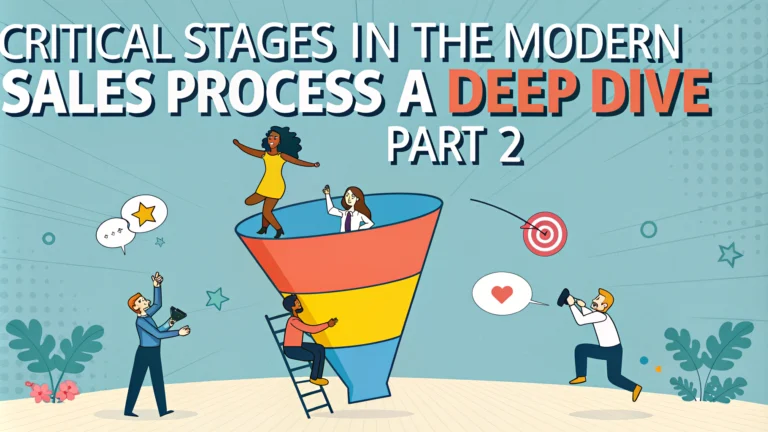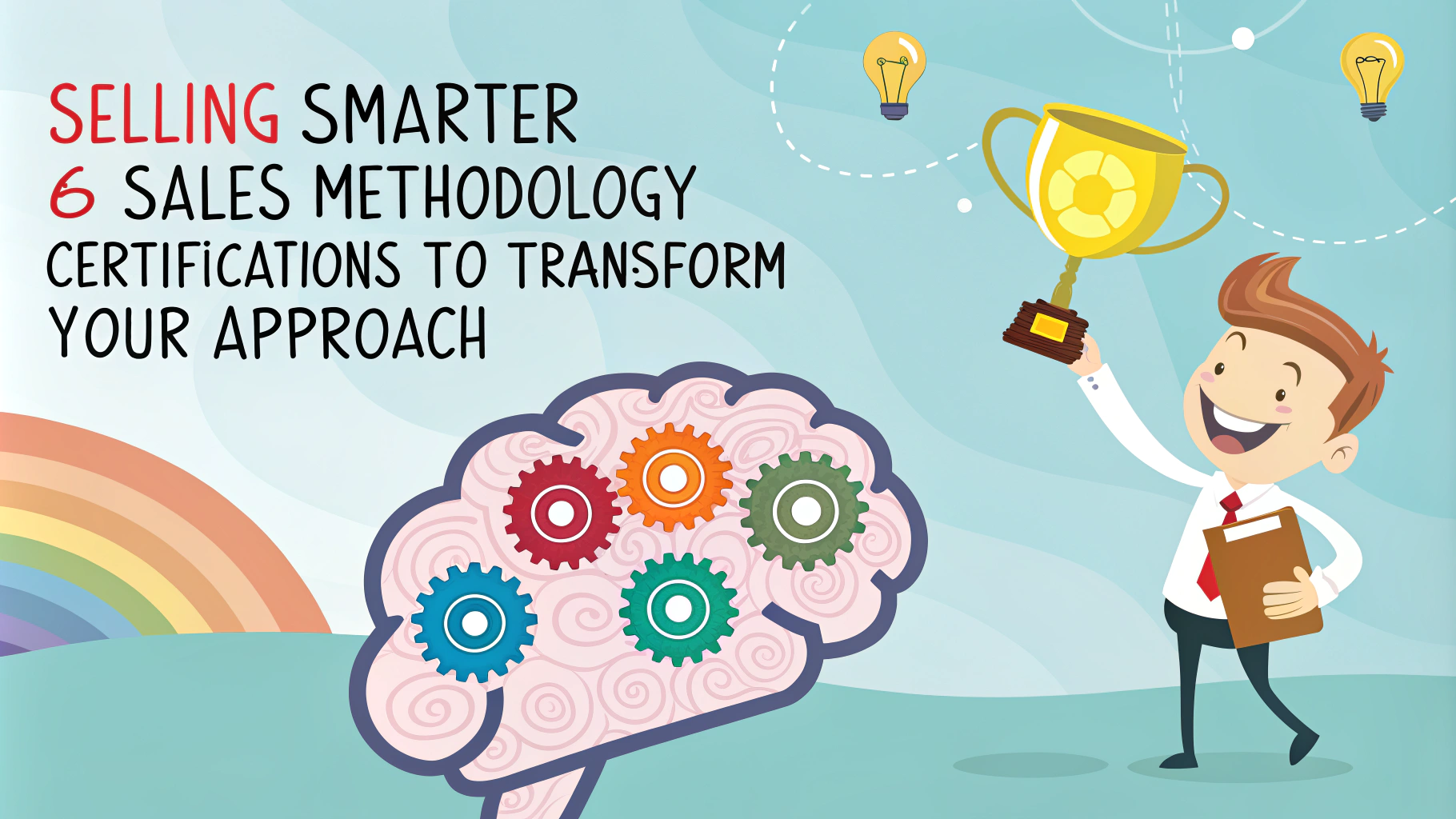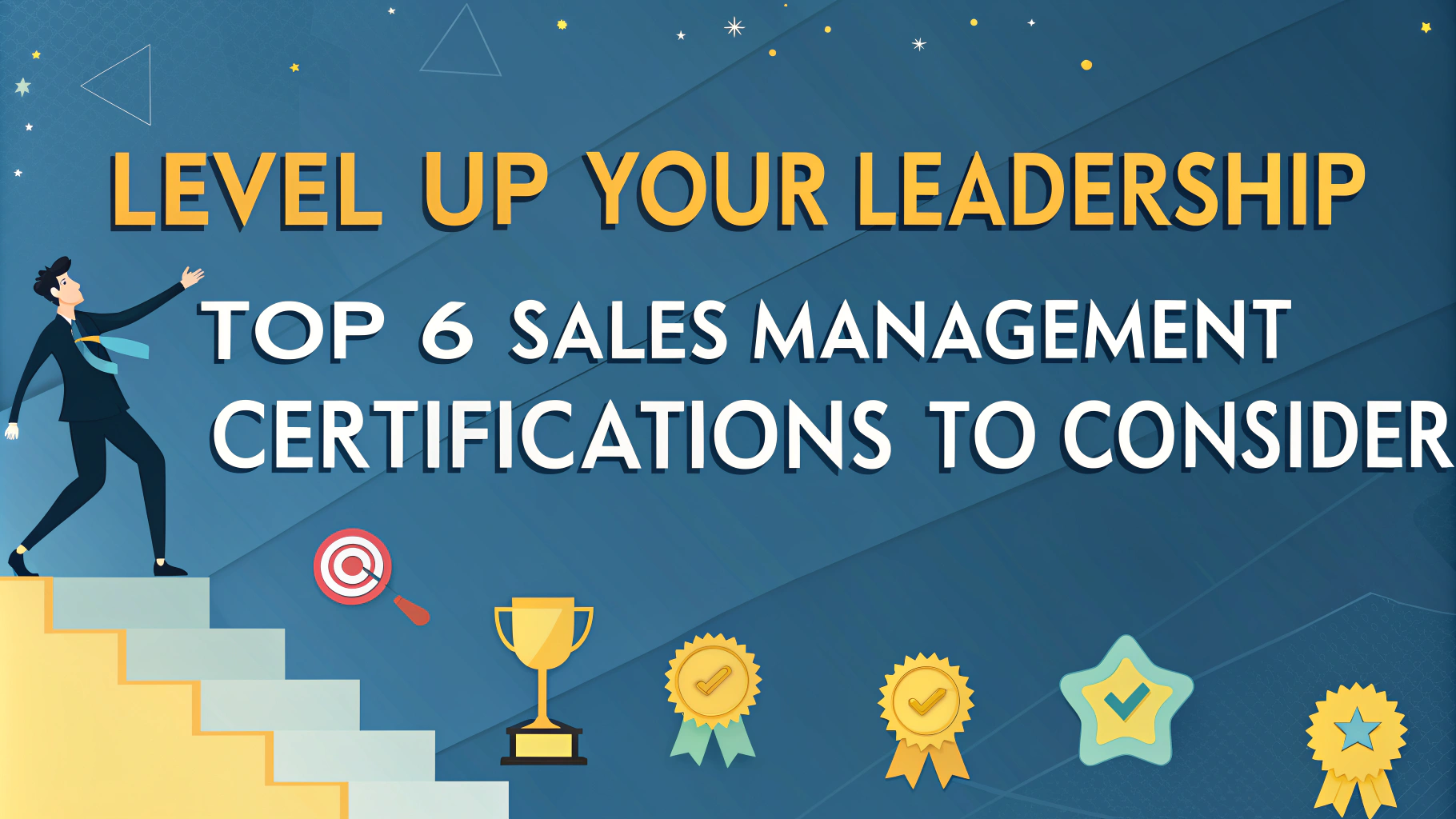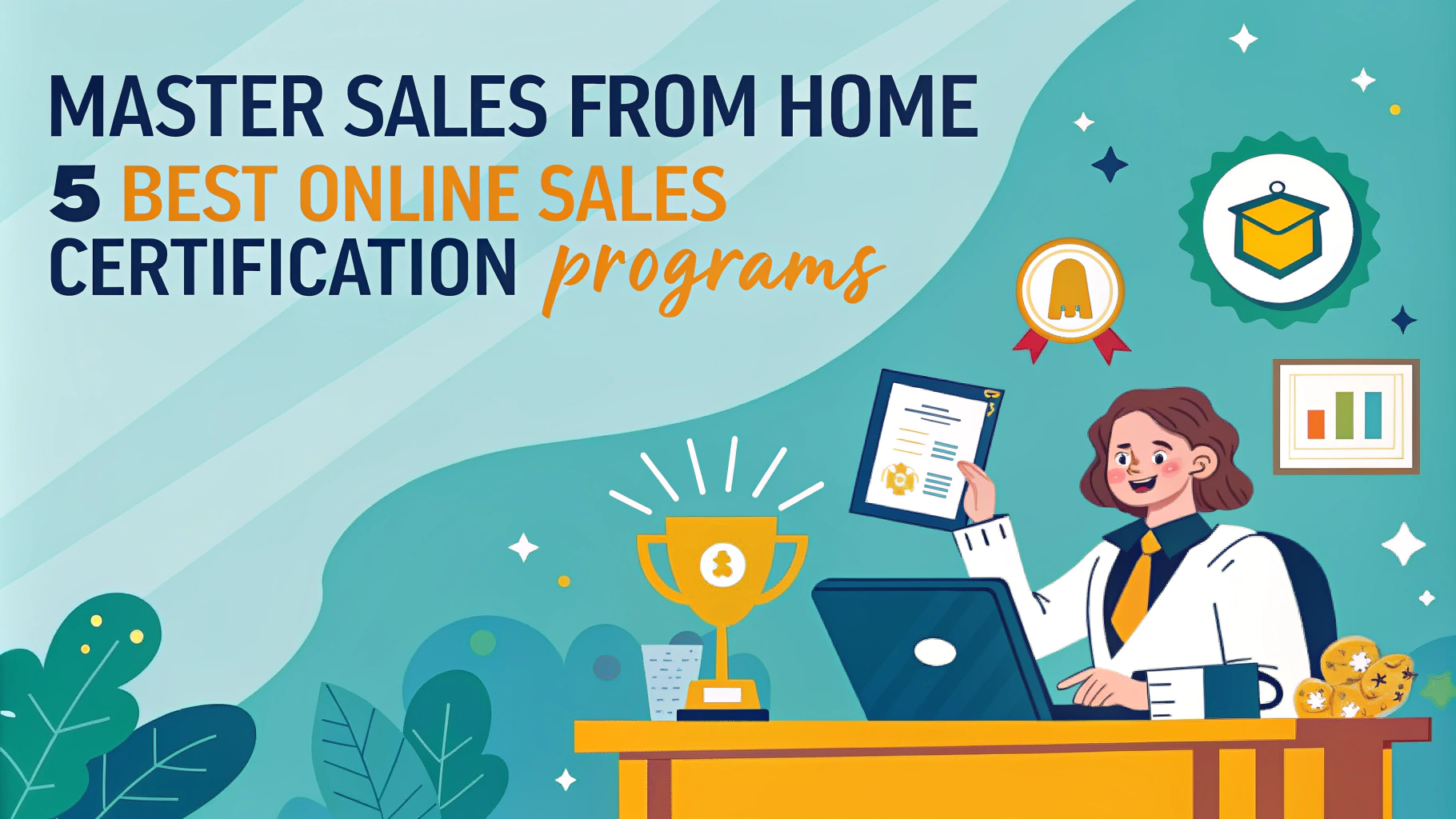The sales landscape has shifted dramatically in recent years. With buyers more informed and empowered than ever, salespeople must adapt their strategies to stay competitive. This article explores the final stages of an effective sales process, providing actionable tips to help you close deals and build lasting customer relationships.
Stage 5: Proposal and Negotiation
After qualifying leads and demonstrating value, it’s time to present your proposal. This stage is crucial for aligning your offering with the client’s needs and expectations.
- Tailor your proposal: Customize your offer based on the specific pain points and goals identified during earlier conversations.
- Be transparent: Clearly outline pricing, terms, and deliverables to build trust and avoid misunderstandings.
- Anticipate objections: Prepare responses to potential concerns or questions the client may raise.
- Practice active listening: Pay attention to verbal and non-verbal cues during negotiations to better address the client’s needs.
Negotiation Tips
- Focus on value, not just price
- Use silence strategically to encourage the other party to speak
- Be willing to walk away if the deal doesn’t make sense for both parties
- Seek win-win outcomes that benefit both your company and the client
Stage 6: Closing the Deal
The closing stage is where all your hard work pays off. It’s essential to maintain momentum and guide the prospect towards a final decision.
- Create urgency: Highlight time-sensitive benefits or limited-time offers to encourage prompt action.
- Address final concerns: Proactively tackle any lingering doubts or questions the prospect may have.
- Use assumptive language: Frame your conversation as if the deal is already happening (e.g., “When we start working together…”).
- Provide clear next steps: Outline the process for moving forward, including paperwork, onboarding, and implementation timelines.
Closing Techniques
| Technique | Description |
|---|---|
| Summary close | Recap the key benefits and ask for the sale |
| Choice close | Offer multiple options to increase the likelihood of a positive decision |
| Trial close | Ask low-commitment questions to gauge readiness to buy |
Stage 7: Follow-up and Relationship Building
The sales process doesn’t end with closing the deal. Building strong relationships with clients is key to fostering loyalty and generating repeat business.
- Ensure smooth onboarding: Coordinate with your team to provide a seamless transition for the new client.
- Set expectations: Clearly communicate timelines, milestones, and deliverables to avoid misunderstandings.
- Check-in regularly: Schedule periodic touchpoints to assess satisfaction and address any concerns.
- Seek feedback: Ask for honest input on your product or service to identify areas for improvement.
- Look for upsell opportunities: As you learn more about the client’s needs, recommend additional products or services that could benefit them.
Building Long-term Relationships
- Share industry insights and valuable content with clients
- Offer personalized recommendations based on their unique situation
- Celebrate client successes and milestones
- Be responsive and accessible when clients need support
By mastering these final stages of the sales process, you’ll be better equipped to close deals effectively and build lasting relationships with your clients. Remember that each stage is interconnected, and success often depends on the groundwork laid in earlier interactions.
Optimizing Your Sales Proposal
A well-crafted sales proposal can make or break a deal. To increase your chances of success:
- Customize content: Tailor your proposal to address specific client needs and pain points
- Use clear language: Avoid jargon and explain complex concepts simply
- Include social proof: Add case studies or testimonials to build credibility
- Provide options: Offer multiple pricing tiers or package choices
Remember to highlight the unique value your product or service brings to the table. This sets you apart from competitors and justifies your pricing.
Mastering the Art of Negotiation
Effective negotiation skills are essential for closing deals and maintaining profitability. Key strategies include:
- Do your homework: Research the client’s industry, competitors, and potential budget
- Set a clear bottom line: Know your walk-away point before entering negotiations
- Practice active listening: Pay attention to verbal and non-verbal cues
- Use silence strategically: Allow pauses in the conversation to encourage the other party to speak
Negotiation Dos and Don’ts
| Do | Don’t |
|---|---|
| Focus on mutual benefits | Make ultimatums |
| Stay calm and professional | Take things personally |
| Be willing to compromise | Ignore the other party’s needs |
Closing Techniques That Work
Closing a sale requires finesse and timing. Effective closing techniques include:
- Assumptive close: Proceed as if the deal is already done
- Summary close: Recap the key benefits and ask for the sale
- Question close: Ask if there are any remaining concerns before finalizing
- Urgency close: Highlight time-sensitive offers or limited availability
Choose the technique that best fits your client’s personality and the situation at hand. Remember, the goal is to guide the prospect towards a decision, not to pressure them.
Building Long-term Client Relationships
Closing a deal is just the beginning. To foster lasting relationships and encourage repeat business:
- Deliver on promises: Ensure your product or service meets or exceeds expectations
- Provide exceptional support: Be responsive and helpful when clients need assistance
- Stay in touch: Regular check-ins show you care about their ongoing success
- Offer added value: Share industry insights, tips, or exclusive content
Consider implementing a customer relationship management (CRM) system to track interactions and preferences. This enables personalized communication and targeted upselling opportunities.
Post-Sale Follow-up Schedule
| Timeframe | Action |
|---|---|
| 24-48 hours | Thank you email or call |
| 1 week | Check-in on initial implementation |
| 1 month | Satisfaction survey and feedback request |
| 3 months | Review progress and discuss future goals |
By focusing on these final stages of the sales process, you’ll improve your closing rates and build a loyal customer base. Remember, each interaction is an opportunity to strengthen your relationship and provide value to your clients.





